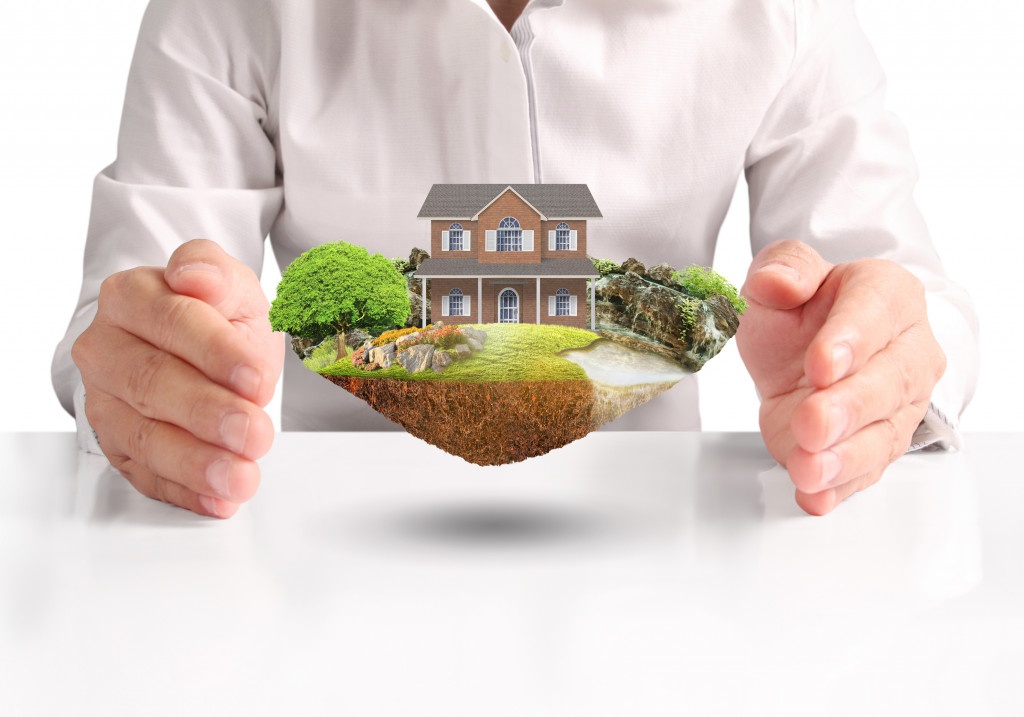Are you planning on setting up a rental property? If so, congratulations! This is a great way to earn some extra income. However, it’s essential to be mindful of the cost associated with setting up and maintaining a rental property. Here are some tips on how you can save money when planning your rental property:
Don’t skimp on insurance
When you’re setting up a rental property, it’s essential to make sure that you have adequate insurance coverage. Skimping on insurance may seem like a good way to save money, but it could cost you more in the long run.
If your property is damaged or tenants are injured, you could be liable for expensive repairs or medical bills. In some cases, your personal assets could even be at risk. That’s why it’s always worth investing in a good insurance policy for your rental property. Doing so will give you peace of mind knowing that your property and tenants are protected.
Seek out the best mortgage lender
When purchasing a rental property, you must partner with a good mortgage lender. A good mortgage lender will work with you to find the best possible loan for your needs and help you save on interest and fees. They will also be able to offer you competitive rates and terms.
Partnering with a good mortgage lender can save you thousands of dollars over the life of your loan. So when you’re ready to purchase a rental property, be sure to shop around for the best possible mortgage lender.

Hire a property manager
Another important decision you’ll need to make when setting up a rental property is whether or not you should hire a property manager. While it’s true that hiring a property manager can be an additional expense, there are also several ways in which it can save you money in the long run.
For example, a property manager will have experience screening tenants, which can help you avoid costly problems such as damage to your property or non-payment of rent. They will also handle all the day-to-day tasks of being a landlord, such as collecting rent and dealing with maintenance issues, freeing up your time to focus on other aspects of your life.
Choose your renters carefully
Carefully screening potential renters is one of the most critical steps in setting up a rental property. Running a credit check, contacting references, and requiring a security deposit can help to ensure that you find responsible tenants who will take care of your property.
In addition, it’s essential to clearly communicate your expectations for rent payments, noise level, and pet ownership. By taking the time to find the right renters, you can avoid many of the headaches and expenses that come with problem tenants.
Find ways to cut back on maintenance costs
There are a few things you can do to cut back on maintenance costs when setting up a property for rent. One way is to choose low-maintenance materials for your construction and finishes.
For example, using vinyl siding instead of wood siding will reduce the amount of painting you’ll need to do over time. Another way to cut back on maintenance costs is to be proactive about repairs. This means fixing minor problems before they turn into big ones. For example, if you notice a cracked tile in the bathroom, replace it right away instead of waiting for it to break completely.
Be smart about upgrades
Before you list your rental property, it’s essential to be smart about upgrades. You don’t want to spend money on unnecessary renovations, but at the same time, you want to make sure the unit is appealing to potential tenants. Here are a few tips to help you strike the right balance:
First, take a close look at the condition of the property. Are there any major repairs that need to be made, such as a new roof or HVAC system? If so, those should be your top priority. But if the property is in generally good condition, you can focus on cosmetic upgrades.
Second, think about which upgrades will offer the best return on investment. For example, installing new flooring or fixtures in the bathroom and kitchen are usually good choices because they can help make the space more appealing to renters.
Finally, don’t forget about curb appeal. Many renters will drive by a rental property before they schedule a showing, so it’s essential to ensure the exterior looks neat and inviting. Adding fresh landscaping or painting the front door can go a long way toward making a good first impression.
Once again, when planning a rental property, it’s essential to seek the best mortgage lender and ensure you have adequate insurance. Hiring a property manager can help reduce costs while choosing renters carefully is also a smart move. Finally, be smart about upgrades – they may add value to your property but remember that some upgrades are more valuable than others. By following these tips, you can save money while successfully renting out your property.

